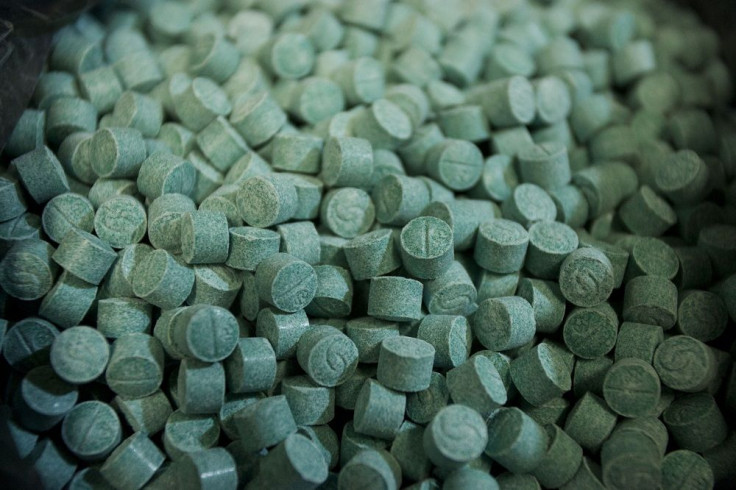MAPS expects FDA to approve use of ecstasy for treating PTSD as early as 2021

The Multidisciplinary Association for Psychedelic Studies (MAPS) would meet in spring with the US Food and Drug Administration (FDA) to plan the Phase 3 clinical trials that would make MDMA-assisted psychotherapy an approved treatment option.
MAPS hopes to secure FDA approval for the use of ecstasy for people suffering from posttraumatic stress disorder (PTSD), similar to the growing acceptance in the medical community of medicinal cannabis. In February, MAP’s clinical research team and lead therapists started to review applications from potential Phase 3 researchers from the almost 250 applicants it received from 10 countries.
The association believes it could get the FDA approval for ecstasy – now considered a party drug – as early as 2021, reports The New York Post. The approval is hinged on the completion of the clinical trials, with Phase 3 slated to start in early 2017.
According to Druginfo, ecstasy is a stimulant drug that speeds up the message travelling between the body and the brain. Real ecstasy contains methylenedioxymethampethamine (MDMA), but many pills sold as ecstasy could also have a mix of amphetamine, ketamine, NBOMe, methylone, paramethoxyamphetamine or other substances.
In Phase 1 of the clinical trials, MAPS studied 20 PTSD patients and found that 83 percent no longer exhibited signs of the conditions two months after taking MDMA. Of the 20, patients, 12 were given ecstasy, but all received psychotherapy. Of the eight on placebo, 25 percent also showed an improvement.
Phase 2, about to end, has 136 participants who were given both ecstasy and psychotherapy. MAPS expects Phase 3 four to five years to complete, says Brad Burge, MAPS director of communications.
Besides PTSD, MDMA-assisted therapy is also used to treat autistic adults with social anxiety and anxiety linked with other conditions such as cancer and other life-threatening diseases.





















